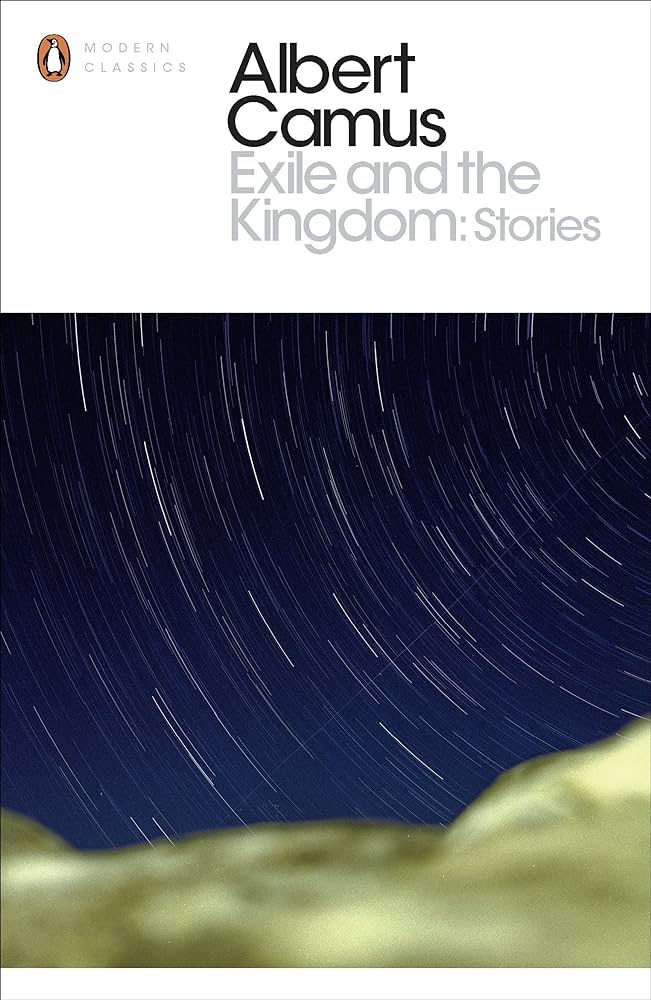'She had feared the heat, the swarms of flies, the filthy hotels reeking of anise'
The stories of Exile and the Kingdom explore the dilemma of being an outsider - even in one's own country - and of allegiance. With intense power and lyricism, Camus evokes beautiful but harsh landscapes, whether the shimmering deserts of his native Algeria or the wild, mysterious jungles of Brazil.
Here a Frenchwoman is gradually seduced by the sheer difference of North Africa, a mutilated renegade is driven mad by the cruelty of his own people, and a barrel-maker watches the slow decline of his craft. A kindly teacher must choose between the law and a life, while a modest painter is out of his depth in the hypocrisy of the art world, and a French engineer discovers a new sense of belonging in a distant land.
French novelist, essayist, and playwright. Albert Camus (1913-1960) was a representative of non-metropolitan French literature. His origin in Algeria and his experiences there in the thirties were dominating influences in his thought and work.
Carol Cosman is the translator of many works from French, both literary and scholarly. Among the books she has translated are Jean-Paul Sartre's "The Family Idiot: Gustave Flaubert, 1821-1857," Honoré de Balzac's "Colonel Chabert," Simone de Beauvoir's "America Day by Day," and most recently René Daumal's "Mount Analogue".


